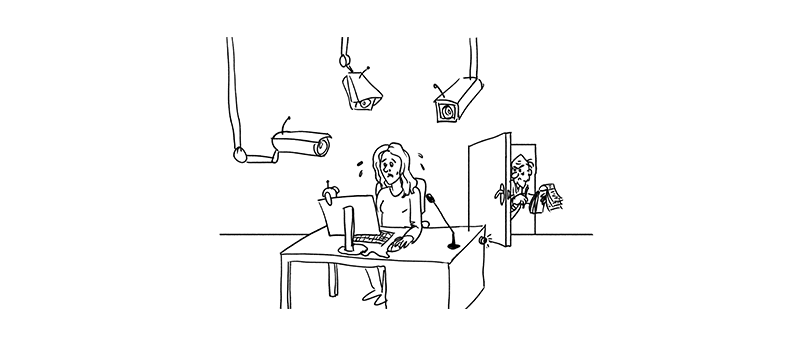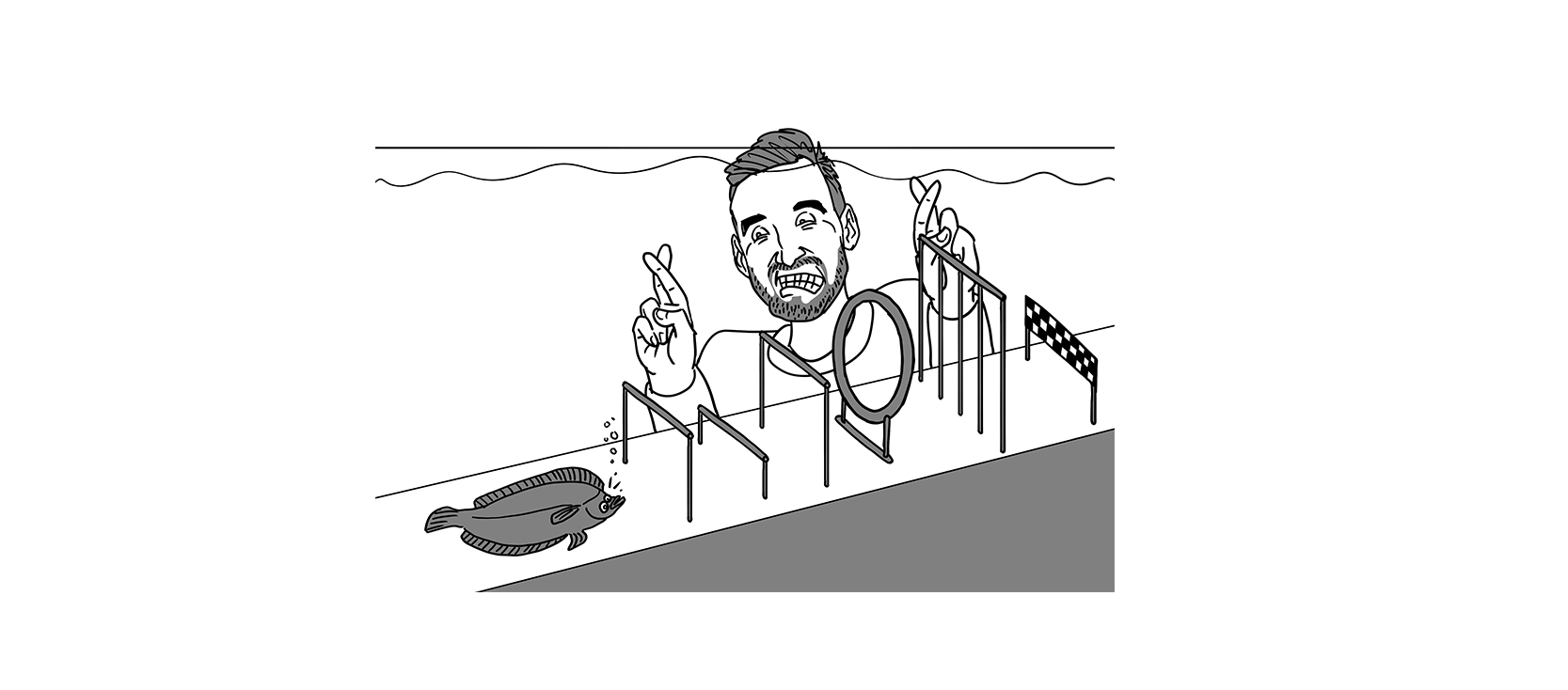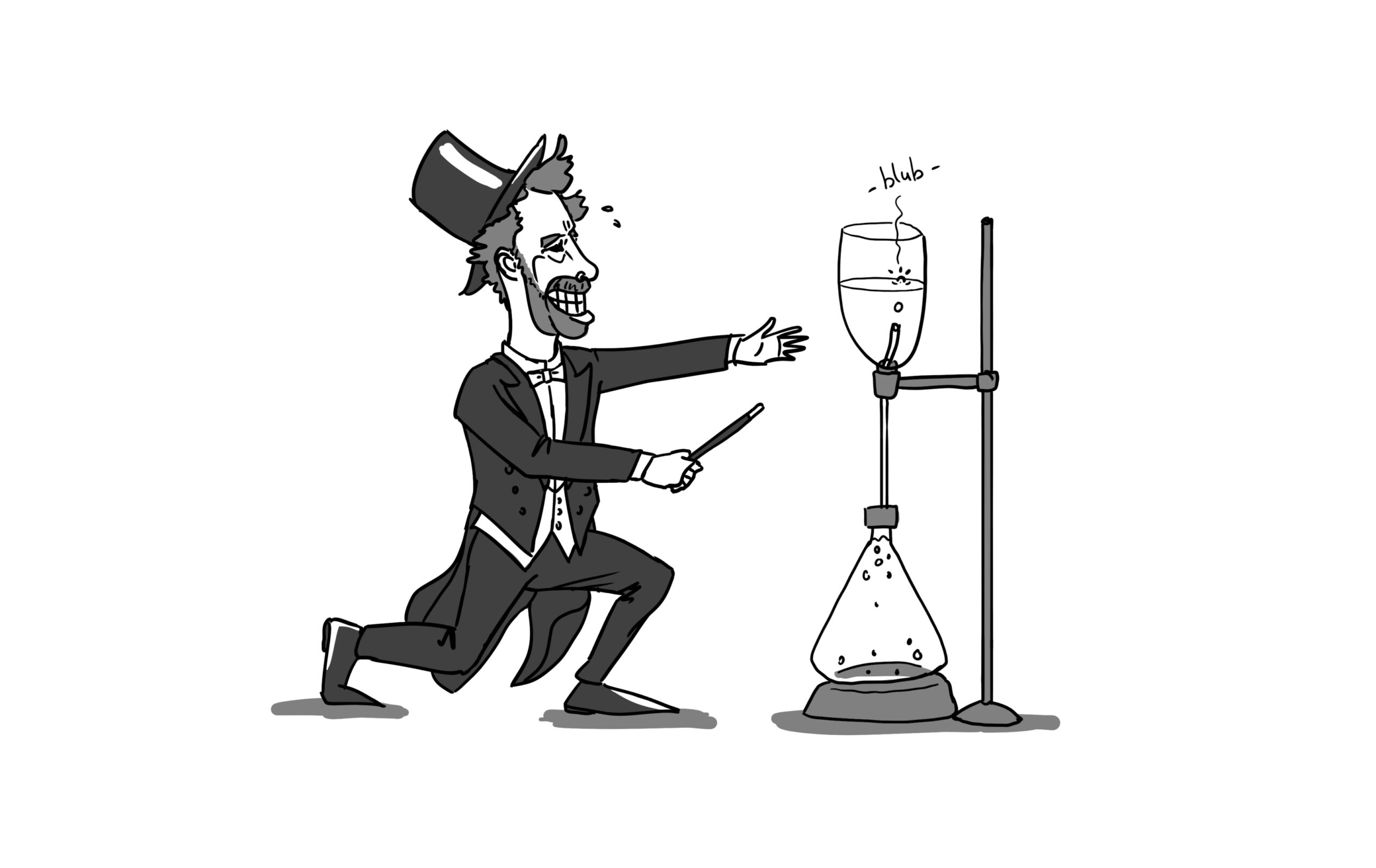A botched experiment, a rejected paper: such things are soon labelled as failures in academia. As for talking about them – not the done thing! But that is just what WUR scientists do in this column. Because failure has its uses. This time, we hear from Lysanne Snijders, Assistant professor of Behavioural Ecology.
‘Quite a while ago I submitted a proposal for research on nature conservation and behaviour to a renowned institute in Berlin. It seemed a perfect match since my partner was already living there. I knew my boss from when I was working on my PhD and we got on well then. But as soon as I was under his leadership, everything changed.
Within a week I realized that the atmosphere at the research institute was totally different to what I was used to. Distrust ruled, and in my line manager that expressed itself as micro-management. Independent research went out of the window and my supervisor monitored everything, even my emails to research contacts. There was no Wi-Fi in the building, I wasn’t trusted to supervise students, and emails were brusque. I didn’t feel respected. It was a shock to find myself in such a toxic atmosphere. Luckily there was a positive side to it: because my peers and I were in the same boat, we quickly became good friends.
I learned the hard way that you should not only find out about the research a prospective employer does, but also talk to current staff there about the atmosphere in the workplace. They could have given me some insight into that.
My supervisor monitored everything, even my emails to research contacts
Of course it is not easy to be picky in advance because jobs in science don’t grow on trees. What is more, as a researcher you are in a vulnerable position because you are dependent on a recommendation or even a qualification.
Now I’m a supervisor myself, I make a point of keeping in touch with how my researchers and students experience their working conditions. I make sure they feel safe and give them scope to slow the pace if they need to. I don’t want them to wonder how they are going to get through their day, like I did in Berlin.’

 Illustration Stijn Schreven
Illustration Stijn Schreven 

